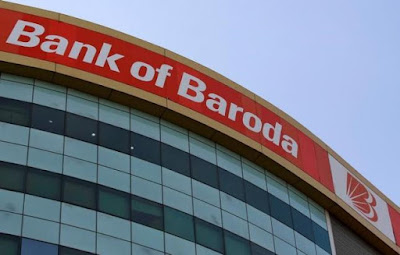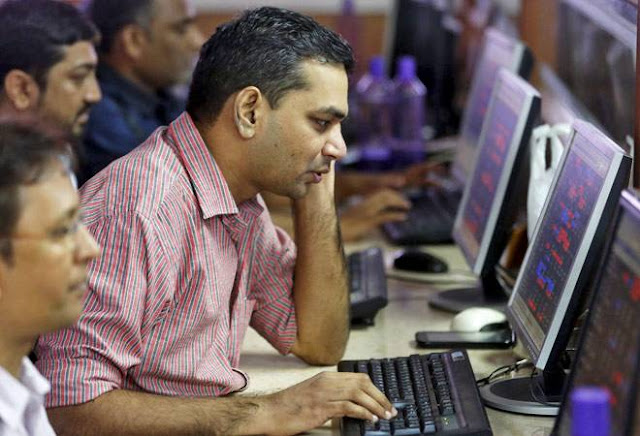GST, demonetisation to have far reaching impact: RBI governor
Patel said that it is expected to significantly transform the domestic economy in due course in terms of greater intermediation, efficiency gains, accountability and transparency through increasing adoption of digital modes of payments .
Reserve Bank of India (RBI) governor Urjit Patel said that the nationwide goods and services tax and legislation of bankruptcy code should impart resilience to the economy. He added that the withdrawal of specified bank notes will impart far reaching changes going forward, in his foreward to the Financial Stability Report published by RBI. With respect to demonetisation,
Patel said that it is expected to significantly transform the domestic economy in due course in terms of greater intermediation, efficiency gains, accountability and transparency through increasing adoption of digital modes of payments, notwithstanding the short-term disruptions in certain segments of the economy and public hardship. Patel also raised concerns about stress in the banking sector. “While the domestic banking sector continues to face significant levels of stress partly reflecting legacy issues, on balance, enhanced transparency has helped to reinforce the stability of India’s financial system,” he said.
Overall, he said that there is little room for complacency and it is important to guard against sporadic volatility in financial markets. Patel said that they are adhering to global regulatory standards without losing sight of domestic compulsions. In this context, the governor said that there are various regulatory changes underway globally to strengthen financial stability. At the same time, Patel said that the global financial crisis has prompted regulators to require banks to undertake stress tests to see if their risk appetite matches their risk taking capacity. The asset quality review of Indian banks and the subsequent corrective actions are steps in this direction, he explained.



